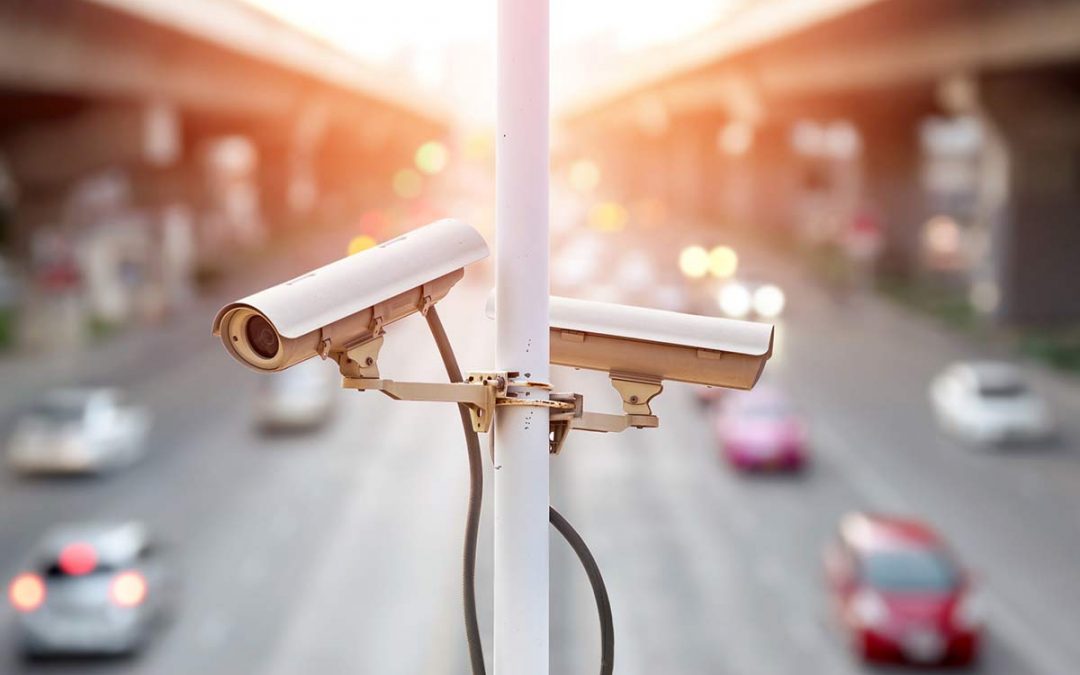In an effort to increase safety in school zones, several cities across Virginia have implemented traffic cameras to catch drivers speeding through these restricted areas. This initiative comes in response to growing concerns over the safety of children walking to and from school and the rising number of accidents in school zones.
Where Are These Cameras Being Used?
Traffic enforcement cameras are currently in place in cities like Alexandria, Virginia Beach, Fairfax, and Richmond. These cameras are positioned strategically near schools to capture the license plates of vehicles exceeding speed limits during school hours. The cameras automatically track the speed of passing vehicles and send citations to drivers who exceed the posted speed limit.
In Alexandria, for example, cameras are actively monitoring zones near elementary schools, while Fairfax has expanded the program to cover several high-traffic school zones and intersections. These cameras have been proven to significantly reduce speeding incidents in targeted areas, creating safer environments for students.
How Do the Cameras Work?
Police departments in these cities use the traffic cameras in partnership with local governments to ensure speed limits in school zones are respected. The cameras operate during specific hours when children are likely to be present, usually in the mornings and afternoons. Once a violation is recorded, the system sends a notice of citation to the registered owner of the vehicle.
The ticket typically includes a fine, and for repeat offenders or those driving at dangerously high speeds, additional penalties, such as points on their driving record, may be applied. The speed thresholds for tickets vary but are often set to trigger at speeds of 10 mph or more over the limit.
The Impact of Traffic Cameras
Statistics from Virginia show that these cameras are making an impact. In Fairfax County, a report indicates that average speeds in areas with cameras decreased by nearly 30% within the first year of implementation. Similarly, Richmond has seen a decline in school zone speeding violations.
Across Virginia, law enforcement officials credit the cameras with reducing reckless driving in sensitive areas, which has also led to fewer accidents involving children and school staff. These reductions underscore the effectiveness of automated enforcement in protecting vulnerable pedestrians.
What Can You Do If You Receive a Ticket?
If you receive a ticket for speeding in a school zone, you may wonder about your options. Fortunately, many Virginia courts allow you to dismiss your ticket or reduce points on your driving record by completing a state-approved driver improvement course.
DriveSafe Online offers a convenient solution for ticketed drivers. The DriveSafe Online Virginia Driver Improvement Course is a state-approved and court-accepted program designed to meet Virginia’s requirements for ticket dismissal and point reduction. The course can be completed entirely online, allowing you to work at your own pace, from any location. The one-time affordable fee includes the full video course and email certificate delivery.
- Dismiss your speeding ticket: Many courts will dismiss a first-time offense upon successful course completion.
- Reduce points on your driving record: Complete the course and you may be eligible to reduce the number of demerit points that would otherwise remain on your record for years.
As Virginia continues to prioritize the safety of students in school zones, traffic cameras are playing an increasingly important role in curbing dangerous speeding behaviors.
With cities like Alexandria, Virginia Beach, and Richmond leading the way, drivers must be mindful of their speed in these critical areas to avoid costly fines and the potential for points on their driving record.
For those who do receive a citation, enrolling in a DriveSafe Online Driver Improvement Course can provide a path to dismissing the ticket, reducing points, and improving overall driving habits. In a time when school zone safety is paramount, staying informed and driving responsibly is more important than ever.
